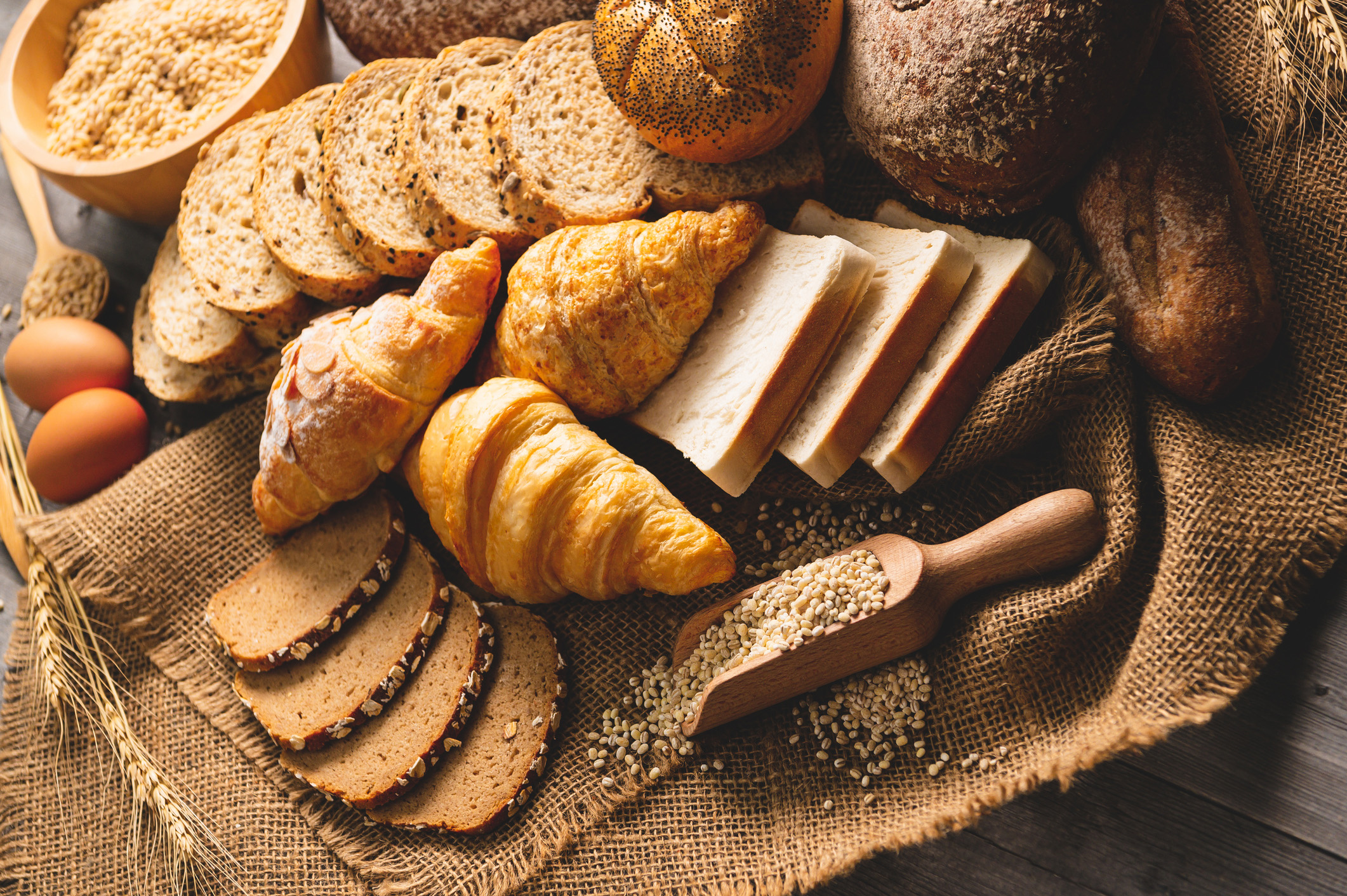Before you reach for a second Danish pastry with your mid-morning coffee, take a moment to consider the impact refined grains (and added sugar) have on your future health. According to a recent study, the number of processed foods and intake of refined grains and added sugars has greatly increased in recent years, and these foods contribute to a higher risk for cardiovascular disease, stroke and death.
The Prospective Urban Rural Epidemiology (PURE) study evaluated participants’ diet in 21 countries, assessing, in particular, their intake of refined grains, whole grains and white rice. The study followed people with no history of heart disease across low, middle, and high-income countries over a period of 16 years with food frequency questionnaires. Follow-up was conducted every three years and data of 137,130 participants between the ages of 35 and 70 was analyzed by researchers to evaluate the link between grain intake and cardiovascular health, blood pressure, blood lipids and total mortality.
Study participants who ate more than seven servings of refined grains such as white bread, pasta or noodles, breakfast cereals, crackers or bakery products had a 27 percent greater risk of early death. This group also had a 33 percent increased risk for heart disease and a 47 percent increased risk for a stroke. Higher consumption of refined grains was also associated with high blood pressure.
By lowering consumption of refined grains and instead eating more whole grains like brown rice, steel-cut oats, buckwheat or barley and cutting down on high-sugar cereals and desserts, adults can help reduce their risk of developing chronic health conditions or suffering an early death. Focus on eating a well-balanced, whole foods diet rich in fresh fruits and vegetables, whole grains, nuts, beans, healthy oils and lean protein.
Start your journey to a healthier, lower sugar and less refined diet with this Mayo Clinic recipe for buckwheat pancakes – and try swapping syrup for sliced fresh fruit to cut out more sugar.






Add Your Voice
0 Comments
Join the Discussion